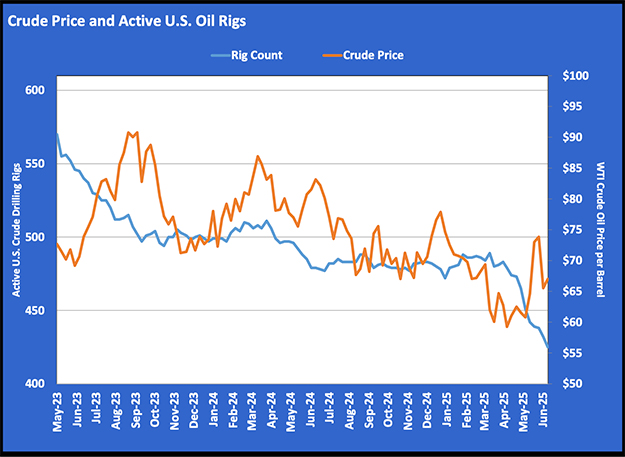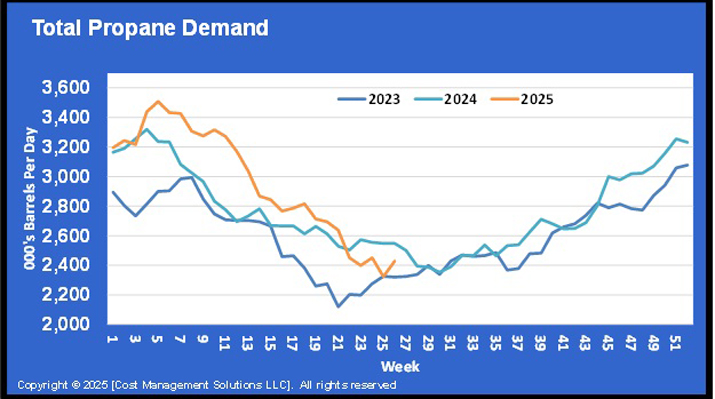Report reveals UPS’ commitment to alternative fuels
 UPS tripled the number of miles it drove using alternative fuel vehicles in 2014 compared to 2013, according to the delivery company’s 13th annual sustainability report that was released in July.
UPS tripled the number of miles it drove using alternative fuel vehicles in 2014 compared to 2013, according to the delivery company’s 13th annual sustainability report that was released in July.
In the past decade, UPS has shifted toward using alternative fuel vehicles that run on natural gas, propane autogas, ethanol, biomethane, renewable diesel and electricity. The report highlighted the company’s growth in the alternative fuel and advanced technology fleet markets.
Last year, the company added about 5,000 alternative fuel vehicles to its fleet. According to the report, UPS replaced 5.4 percent of its total gas and diesel purchased in 2014 with alternative fuels. UPS says it hopes its commitment to alternative fuels will allow it to reduce its annual use of gasoline and diesel by 12 percent by the end of 2017.
“It took 13 years to drive the first 350 million miles with our alternative fuel and advanced technology fleet,” says Rhonda Clark, UPS chief sustainability officer and vice president of environmental affairs. “In just one year, we were able to build dramatically on that number, and we are now halfway to our 2017 goal.”
Mike Casteel, UPS head of fleet procurement, told Bloomberg Business that UPS plans to buy 150 more autogas delivery trucks. He adds that the company’s adoption of natural gas and propane came as a result of the natural gas production boom.
Last year, UPS invested almost $70 million in 1,000 autogas vehicles. This was one of the first large-scale movements toward autogas in the United States. The company entered an agreement with Freightliner Custom Chassis Corp. to purchase 1,000 autogas-fueled delivery vans, which were deployed initially in California, Louisiana and Oklahoma. The Propane Education & Research Council helped UPS with that investment.
UPS also operates nearly 900 autogas vehicles in Canada, which the delivery company rolled out gradually in the past decade.
Jason Robinson, director of operations with McCraw Oil Co., says he sees UPS vehicles stop by the company’s Oklahoma locations multiple times on weekdays to refuel on autogas. He says UPS tends to use its autogas vehicles in rural areas.
“[UPS’] first choice [of alternative fuel] is natural gas, which works best in metro areas where natural gas tends to be readily available,” Robinson says. “But in rural areas, they don’t have that, so UPS tends to gravitate toward propane vehicles in those regions.”
















